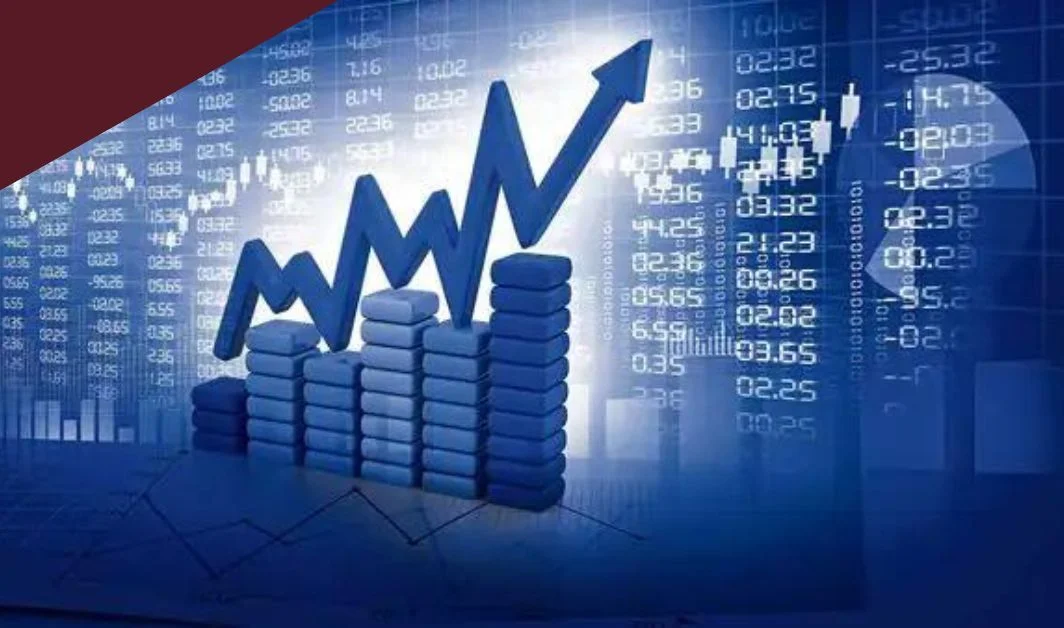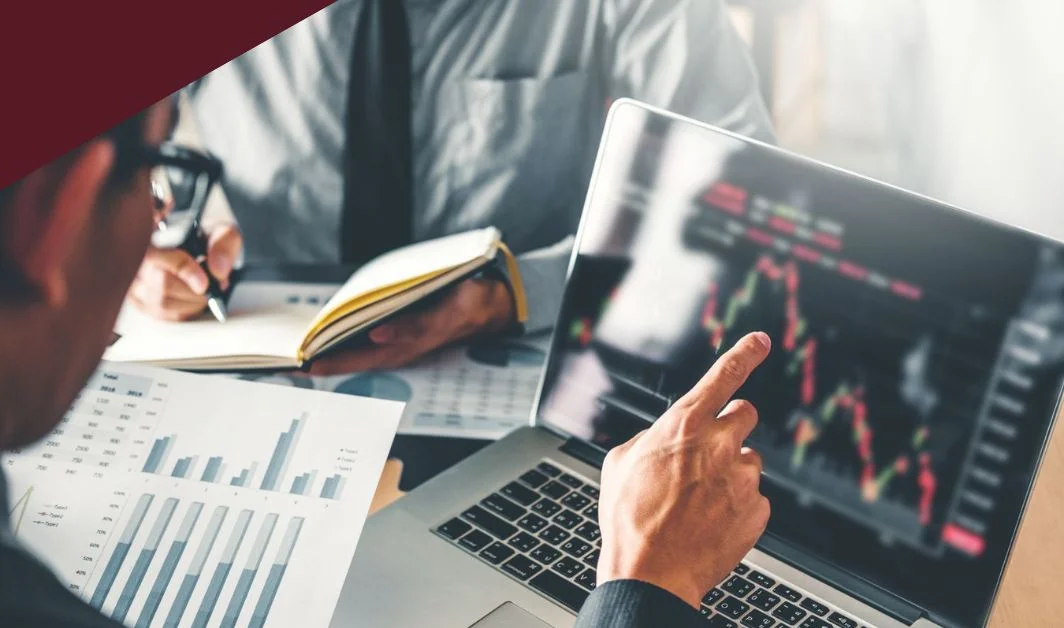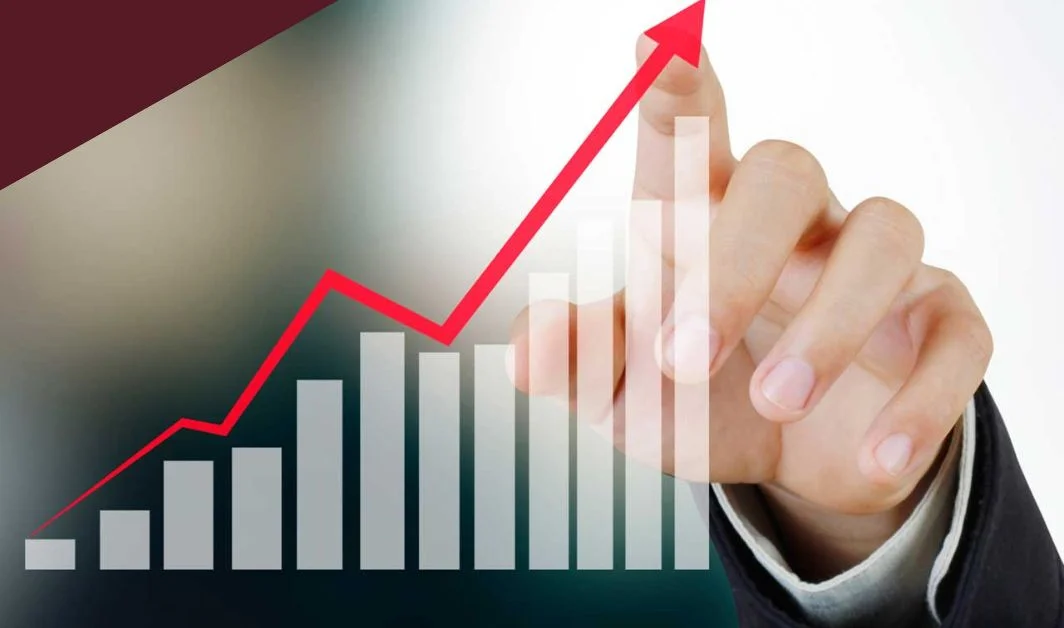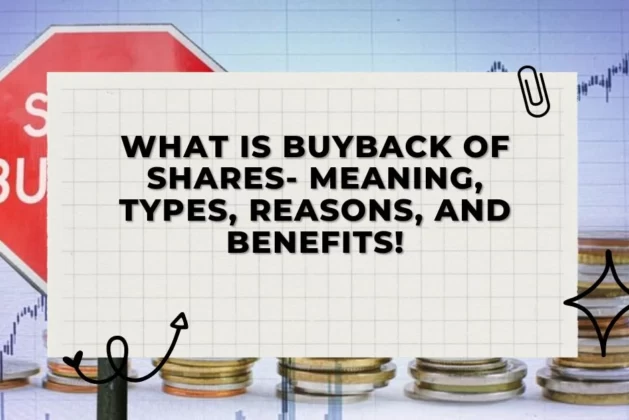Table of Contents
ToggleIntroduction
Buyback of shares is a popular practice for companies looking to return value to their shareholders. But what exactly does it mean? And how can you as an investor benefit from it? In this blog post, we’ll dive into the world of share buybacks and explore everything you need to know about this financial strategy. From understanding its different types and benefits to assessing its risks, we’ve got you covered.
Buyback of Shares Meaning
The buyback of shares, also known as a share repurchase, is the process by which a company buys back its own outstanding shares from shareholders. This means that the company pays shareholders to acquire their stock and reduce the number of outstanding shares in circulation.
There are several reasons why a company may choose to conduct a share buyback.
One reason is to return capital to shareholders, especially if the company has excess cash on hand. Another reason is to improve financial ratios like earnings per share (EPS)or price-to-earnings (P/E) ratios, which can make the company more attractive to investors.
However, it’s important for companies considering a buyback of shares to carefully assess their financial situation before making any decisions. If the stock is overvalued or if cash reserves are limited, conducting a buyback could be risky and detrimental to long-term growth prospects.
Understanding what a buyback of shares entails and weighing its potential benefits against risks can help companies make informed decisions about whether this strategy aligns with their business goals and financial objectives.
Different Types of Buyback of Shares

There are different types of buybacks, and the two most common types are open-market purchases and tender offers.
- Open-market purchases occur when a company buys back its shares on the open market at prevailing market prices over an extended period. This type of buyback is often used by companies that intend to repurchase their shares gradually without causing any disruptions in the stock price or the overall market.
- Tender offers involve a company making an offer to shareholders to purchase some or all of their outstanding shares at a premium above the current market value. Tender offers can be either fixed-price tenders or Dutch auction tenders.
- Fixed-price tenders offer shareholders a specific amount per share for their stocks while Dutch auction tenders allow shareholders to indicate how many shares they want to sell and at what minimum price they will accept.
Also, read Risk and return, Top investment banking companies
Reasons for Buyback of Shares

There are a variety of reasons why companies may choose to initiate a share buyback.
- It leads to an increase in shareholder value. By reducing the number of outstanding shares, the earnings per share will increase, which can improve overall profitability and attract more investors.
- It signals confidence in the company’s future performance. If management believes that their stock is undervalued or that they have excess cash on hand, then buying back shares sends a message to investors that they believe in the long-term health of the business.
- It can also be used for overall capital management strategy. Rather than holding onto large cash reserves or issuing dividends, companies may choose to return value directly to shareholders through these types of transactions.
- It helps to prevent hostile takeovers and dilution from stock options and other forms of equity compensation. By taking control over more outstanding shares, it becomes more difficult for outside parties to influence corporate decisions or gain significant ownership stakes.
Benefits of Buyback of Shares
- This reduces the number of outstanding shares in the market. This means that each remaining share represents a larger portion of the company’s earnings, which can increase its value.
- Companies signal to investors and analysts that they believe their stock is undervalued. This often leads to increased demand for claims, which can drive up prices even further.
- A buyback can improve a company’s financial ratios like Earnings per Share (EPS) and Return on Equity (ROE). By reducing the number of outstanding shares, EPS increases while ROE improves due to lower shareholder equity.
- It further provides tax benefits compared to paying dividends since capital gains taxes are generally lower than dividend taxes.
- Companies also have more flexibility with buybacks as they don’t need to commit themselves to ongoing payouts like dividends.
If executed correctly and at opportune times when there are sufficient cash reserves available or borrowing costs are low; share buybacks tend to be beneficial for both the company and its shareholders.
Must read:
Impact of Buyback of Shares

Share buybacks can have a significant impact on a company’s financial health.
- One of the primary effects of share buybacks is an increase in earnings per share (EPS). When a company buys back its own shares, the outstanding number of shares decreases, which means that each remaining share represents a larger stake in the company. This results in an increased EPS for shareholders.
- It also leads to an increase in stock prices. As the number of outstanding shares decreases, there are fewer shares available for purchase on the market. This creates greater demand for the remaining shares, which can lead to higher stock prices.
However, it’s important to note that not all companies see positive impacts from share buybacks. In some cases, companies may use their resources to repurchase their own shares instead of investing in future growth opportunities or paying off debt.
It’s essential for investors to closely monitor how companies choose to allocate their funds and assess whether share buybacks will ultimately benefit both shareholders and the overall financial health of a company.
Risks Associated with Buyback of Shares
While there are many benefits to a buyback of shares, it’s important to also consider the potential risks involved. Some risks include-
- One major risk is that the company may be using funds for a buyback instead of investing in future growth opportunities. This could limit the long-term potential of the company.
- Another risk is that a buyback could give off signals of financial weakness to investors and stakeholders. If a company is consistently buying back shares, it may indicate that they don’t have confidence in its ability to allocate capital effectively or generate returns for shareholders through traditional means like dividends or reinvestment.
- Also, if a company uses debt financing for a share buyback and then experiences financial difficulties down the road, it may struggle with servicing its debt obligations. This can lead to negative credit ratings and decreased investor confidence.
- When companies repurchase shares at inflated prices during market highs, they’re essentially buying high and selling low – which isn’t an ideal strategy from an investment standpoint. While there are certain risks associated with share buybacks, careful consideration, and planning can help mitigate these concerns.
What Does Buyback of Shares Signify?

Share buybacks can signify various things depending on why a company is doing it. Some of them could be:
- It is an indication that a company believes its shares are undervalued or a signal to investors that management thinks the stock price will increase in the future.
- Additionally, share buybacks could also mean that a company has excess cash on hand and wants to return some of it to shareholders without issuing dividends.
- Alternatively, companies may use share buybacks as part of their overall capital allocation strategy instead of investing in other areas such as research and development or acquisitions.
Conclusion
As we come to the end of this article, it’s important to reflect on what we’ve learned about buybacks of shares. We have explored what a share buyback is, the different types available, and its benefits and risks. A share buyback can be an effective tool for companies looking to improve their financial position or increase shareholder value.
However, it’s not without risks, particularly if the company uses debt financing to fund the purchase. When deciding whether a share buyback is right for your situation, there are several factors you should consider. These include your current financial position, future growth prospects, and any regulatory or legal constraints that may impact your decision.
Ultimately, determining whether a share buyback is appropriate requires careful analysis and consideration of all relevant factors. By weighing up these factors carefully before making any decisions about buying back shares in your own business or investing in others, you can make informed choices that will benefit both yourself as well as other stakeholders involved with whatever organization you might represent.
Frequently Asked Questions (FAQs)
Yes, a company can buy back all of its shares. This is known as a complete or full share buyback.
The price of shares may increase in the short term due to the reduction in supply, but it ultimately depends on market conditions and other factors.
Companies may choose to opt for share buybacks instead of paying dividends because it gives them more flexibility and control over their cash reserves, and also sends a positive signal to investors about the financial health of the company.
There are no tax implications for shareholders when companies carry out share buybacks, but there may be certain tax regulations that apply to companies depending on their jurisdiction.
A shareholder can benefit from a share buyback by receiving a higher value per share due to reduced supply and increased demand in the market.



